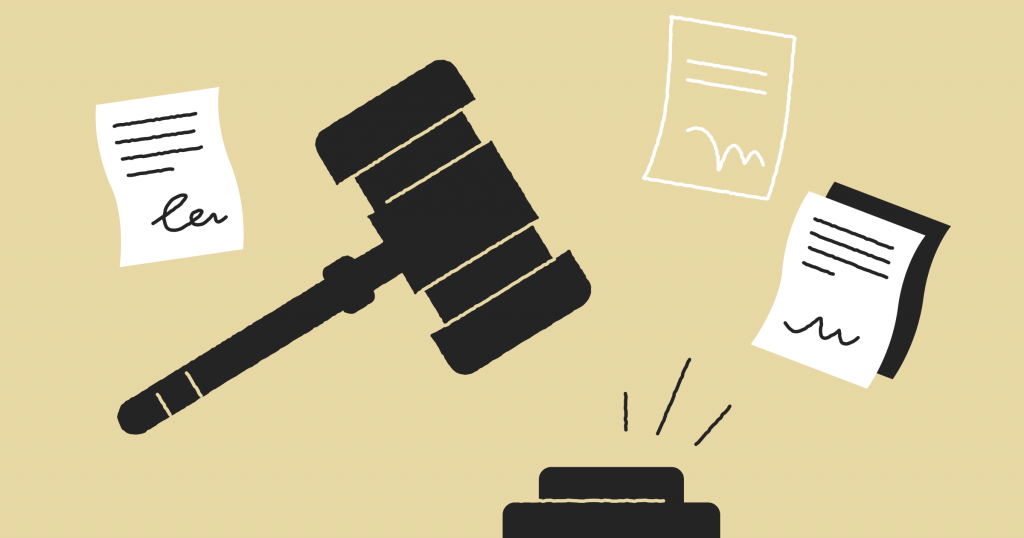
INTRODUCTION
In a world of wide-spread domestic and international trade, transactions are increasingly being carried out electronically allowing for the instantaneous flow of business to any market.
In recent times, the precautions being put in place globally to address the COVID-19 pandemic has resulted in a significant increase in business being conducted remotely. One consequence of the pandemic is the difficulty and inconvenience of securing handwritten or ‘wet ink’ execution of documents. This leads to the question of how we can execute documents in times like these and whether it is possible to legally execute documents with electronic signatures.
WHAT ARE E-SIGNATURES?
An electronic signature or e-signature is a method used to sign documents in an electronic format, in the absence of a physical, written, ‘wet ink’ signature.
Electronic signatures come in many forms, including a scanned handwritten signature and an electronic representation of a handwritten signature created using a stylus or digital pen on an electronic device, such as, an iPad.
How are e-signatures beneficial and why should we use them?
The use of e-signatures has multiple benefits in the business world. The most prominent benefit in the current climate is allowing business to continue while observing social distancing.
Outside of a pandemic, e-signatures enable the parties to a transaction to save time, money and resources. Time and money usually expended on travelling or managing paper documents can be redirected to other activities promoting growth. Resources used to process paper and face to face transactions can also be reduced by handling the transactions electronically.
Having a legal framework governing the use of e-signatures provides a safe legal environment for electronic commerce (e-commerce) which is a key component in achieving economic growth.
ARE E-SIGNATURES LEGALLY BINDING IN JAMAICA?
The Electronic Transaction Act (The Act) establishes the legal framework for the use of e-signatures in Jamaica. The Act allows for legal recognition of e-signatures once it can be linked to the signatory, it is apparent that he accepted the method used for the signing and that method is reliable.
The Act defines an ‘electronic signature’ as information that is contained in, attached to or logically associated with, an electronic document and is used by a signatory to indicate his adoption of the content of that document, but does not include any signature produced by a facsimile machine or by an electronic scanning device.
‘Information’ in this context includes data, text and images. What this means is that, an e-signature is any data, text or image placed in or attached to an electronic document by the signatory which he intended to represent his acceptance of the information contained in the document.
WHAT DOES THIS MEAN FOR LAND VALUATION REPORTS IN JAMAICA?
In the context of Land Valuation Reports, a report signed by a Valuation Surveyor electronically is equally as valid and legally acceptable as one with a handwritten signature.
The e-signature indicates that the Valuation Surveyor approves or adopts the content of the report. Once the e-signature can be linked to the named Surveyor and the method used is shown to be reliable, the report is valid and legal.
WHAT CAN WE TAKE AWAY FROM ALL OF THIS?
E-Signatures are used to identify signatories and signify their acceptance of the information above the signature line. They can be used to execute documents, including documents with a statutory requirement for a signature. With legislation giving legitimacy to e-signatures, e-signatures are a valid alternative to handwritten ones.
E-signatures enable quicker and easier transactions for businesses and assist in maintaining public health and safety during times of crisis.
The plethora of benefits gained from electronic transactions and the use of e-signatures support the incorporation of e-signatures as part of the ‘new normal’ post COVID-19 pandemic.
This notion is supported by the objectives which the legislators included in the Electronic Transaction Act, which include but are not limited to:
- facilitating electronic transactions by means of reliable electronic documents;
- promoting the development of the legal and business infrastructure necessary to implement secure electronic commerce;
- promoting public confidence in the integrity and reliability of electronic documents and electronic transactions; and
- establishing uniformity of legal rules and standards regarding the authentication and integrity of electronic documents.
Finally, an e-signature is capable in law of being used to execute and validate Land Valuation Reports.
This article is for general information purposes only and does not constitute legal advice.
